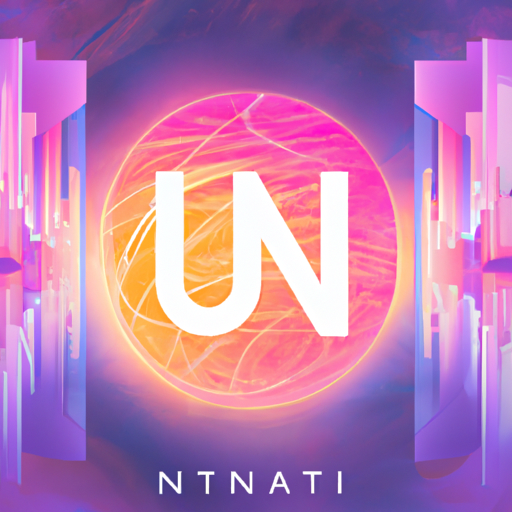“””
Unitas Foundation is thrilled to announce the launch of the Unitas Protocol mainnet. This innovative DeFi protocol introduces a new category of stablecoins, known as unitized stablecoins. These function as Units of Account for a variety of emerging market currencies, and they are set to revolutionize cross-border transactions by offering businesses and individuals access to global USD liquidity.
The Power of Unitized Stablecoins
The first unitized stablecoins available for minting include USD91 (INR-pegged), USD971 (AED-pegged), USD84 (VND-pegged), and USD1 (USD-pegged). Each stablecoin’s name begins with the Store of Value (in this case, “USD”) and ends with a country code that indicates the Units of Account for emerging market currencies. For example, “91” represents INR.
This naming convention creates a clear link between the value of one unit of an emerging market currency, such as INR, denominated in a USD stablecoin like USDT.
Wayne Huang, co-founder and board member of Unitas Foundation, shares his excitement about this development: “Today is a significant milestone for Unitas and the global financial and digital asset ecosystems. Unitas Protocol unlocks real-world business and individual applications for stablecoins.”
Transforming Cross-Border Transactions
Despite the convenience offered by USD stablecoins, each country has its sovereign currency unit that forms the basis for domestic transactions. The launch of Unitas Protocol addresses this issue by enabling local currency-denominated transactions that use stablecoins.
Consider an Indian importer who needs to buy USDT with INR cash through peer-to-peer transaction before paying their supplier in USDT. The introduction of USD91 changes this dynamic by providing competitive rates and assuring liquidity for USDT which is over-reserved on-chain for anyone to audit.
The same solution applies to other countries such as Vietnam via USD84 or UAE via USD971. While holding a unitized stablecoin like USD91 is akin to holding a USD stablecoin like USDT, these unitized versions simplify quotations and communication in users’ familiar Units of Account.
A Value Translator Between Currencies
Unitas Protocol serves as a value translator between different currencies while also guaranteeing that its stablecoin can always convert back into a USD stablecoin unconditionally. With this system in place, each country can have its own version of USDT that serves as common denomination for all types of transactions.
Unitas Protocol operates exogenously over-reserved stablecoins pegged to emerging market currencies. These new financial tools have immense potential in facilitating foreign investment, cross-border payment, global market access, DeFi participation and efficient access to USD liquidity among other benefits.
To learn more about how the Unitas Foundation is changing the face of digital asset ecosystems with its pioneering protocol offering unitized stablecoins, visit our official website, Wiki, Telegram, Twitter or blog.
Remember: Always do your own research or consult professionals before making financial decisions!
Please note: All information provided here is based on data available at the time of writing.
“””

